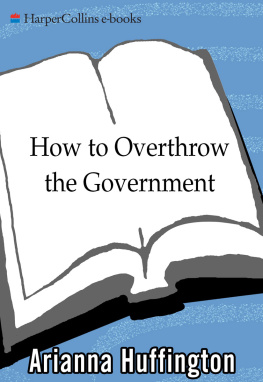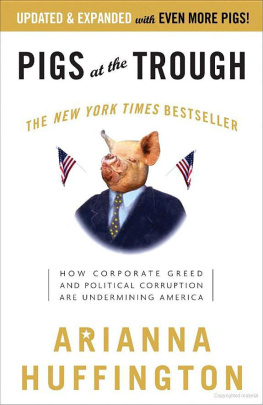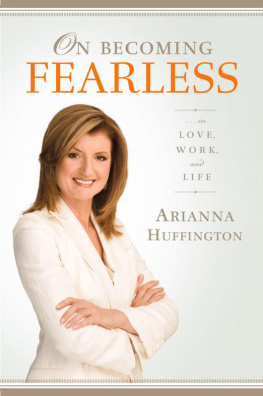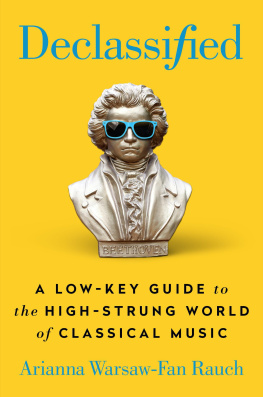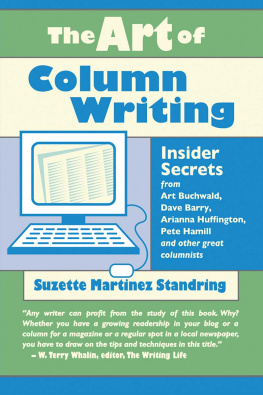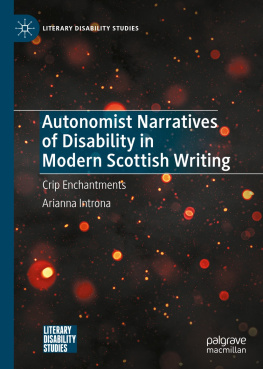Between Election Day 2000 and the Supreme Courts late-night fiat thirty-six days later, the American public was afforded a rare glimpse behind the curtain shrouding our democracy. It was a disquieting sight, revealing, as never before, just how deeply flawed our much vaunted system truly is. Not only was an outrageously large number of African-American votes nullified in Florida, but we learned that more than two million Americans are routinely disenfranchised in presidential electionstheir votes, for one reason or another, discarded.
Suddenly the presumption that all is well in this best of all possible worlds was shattered. Far from well, all is not even adequate anymore. The result was to throw into sharp relief not just the voting problems but all the injustices, negligence, and corruption highlighted in this bookfirst published in the early months of 2000, when the phrase George W. Bush v. Al Gore, much like one man, one vote, still had a ring of innocence to it.
As I argue in these pages, our politics has become a zero-sum game of competing special interests. And when no special interest would benefit from fixing a problemwhen fixing it is solely in the public interest, which has all but vanished from the pie chartthere is no organized constituency powerful enough to ensure that it is addressed.
Such turned out to be the case with the 2000 election. Every four years there is a hue and cry about flawed and incompetent voting procedures, and occasionally about the corrosive and largely unexamined problem of voter fraud. But the victors, and thus the press, always move on, while the losersusually out of money, and suddenly yesterdays newsretreat to lick their wounds in private. And the citizens who have been disenfranchised as a result of massive systemic negligence are left with no one to champion them.
This election was different becauseand only becausethe interests of those citizens suddenly coincided with the interests of powerful stakeholders. Team Gores efforts to have Floridas votes counted ensured that Americans can no longer dismiss disenfranchisement as an inevitable imperfection in an otherwise perfect democracy. To be sure, Gore partisans wouldnt have given it a second thought if Gore had won the Electoral College. But this highly self-interested championing of the public interest created the potential for attention, response, and reform. The consequences of a broken system could not be more clear.
The first chapter of this book is called A Tale of Two Nations. What happened in Floridaand no doubt around the countrywas a stark reminder that we are, indeed, two Americas. And not just when it comes to education, health care, housing, and our vaunted prosperity, but even when it comes to voting.
In the precincts of the other America, there were longer lines, more unreliable voting machines, and less access to technology that instantly identified mismarked ballots and gave voters a second chance. So, even when it comes to this most egalitarian of acts, some are more equal than others.
The African-American turnout in Florida was an astounding 65 percent higher in 2000 than in 1996. Unfortunately, many of them neednt have bothered. The problem was that when many of these freshly registered voters showed up at the polls, they were not on the rolls and thus were not allowed to vote. First-time voter Dedrana McCray was one of them. She arrived at her polling place in Opa-Locka with her valid voter registration card and ID in hand, but was turned away because she was not on the list, and phone lines to the county office that could verify her status were constantly busy.
Too bad McCray hadnt had the foresight to live in one of the eighteen more affluent precincts in the county equipped by the election commission with laptop computers that allowed officials to tie into the main registration rolls. Even though the powers that be, from Governor Jeb Bush down, knew that the highest number of new registrants were in black districts, the laptops went disproportionately to white or Cuban-American districts. How many African-Americans were turned away for want of a PowerBook? But this kind of unequal protection didnt seem to concern Justice Scalia too much.
Plunging the presidency into a crisis of legitimacy ended up exposing the illegitimacies that lurk beneath the surface of our orderly, prosperous best of times. And now that Pandoras ballot box was opened, many other questions of legitimacywhich would have remained papered over if the election had produced an unambiguous winnersprung forth.
What was stunning, though, was how quickly the entire political establishment, from left to right and right to left, has tried to slam shut this Pandoras box. Once the white smoke wafted from the Supreme Courts chimney, the air was quickly filled with hosannas for the strength of our system. Democrats and Republicans fell all over themselves competing to see who could throw out the most bipartisan buzzwords. You couldnt turn on the television or open a newspaper without being hit with bogus conciliatory catchphrases like unity, wipe the slate clean, reach across party lines, and vital center.
How did we end up with such a tight election at the end of the dullest and least inspiring campaign in recent memory? Many of the answers can be found in the chapters that follow. A money-drenched system, no longer responsive to the peoples needs, left us with a primary process that anointed Bush and Gore as their parties standard-bearers before voters in more than thirty states had even had their say. The primary process is now simply a chance for a small minority of the people to ratify the decision thats already been made by the money. Its no wonder that three out of four Americans, according to the Vanishing Voter Project at Harvard, reached the conclusion that party leaders and large contributors have a larger voice than the voters in the selection of the nominees. Even among those citizens who vote regularly, 60 percent believe that politics in America is pretty disgusting.
Can it really be just a coincidence that the people, given two such inadequate choices, ended up basically selecting neither?
Defining the winner of the presidential race required a recount, but when it comes to who controls Congress, all you need is a calculator to tally up the campaign contributions. In the vast majority of House (94.7 percent) and Senate (82.3 percent) races, the candidate with the biggest war chest won. Maybe we shouldnt even hold electionsjust fund-raising contests. Its practically what we do anyway. And as weve seen, its easier to count money than votes.


